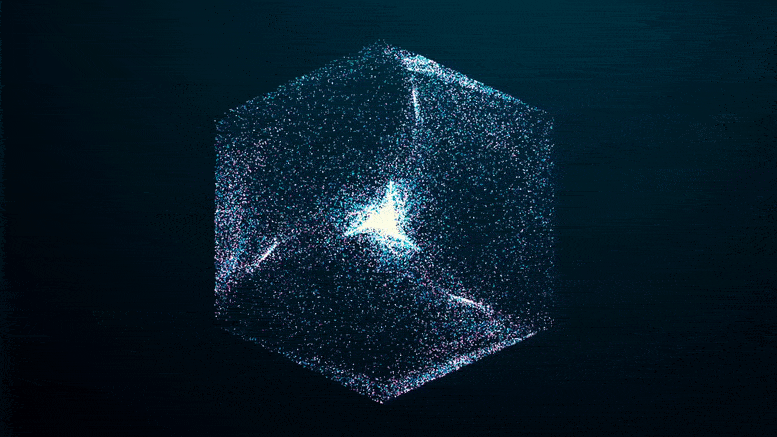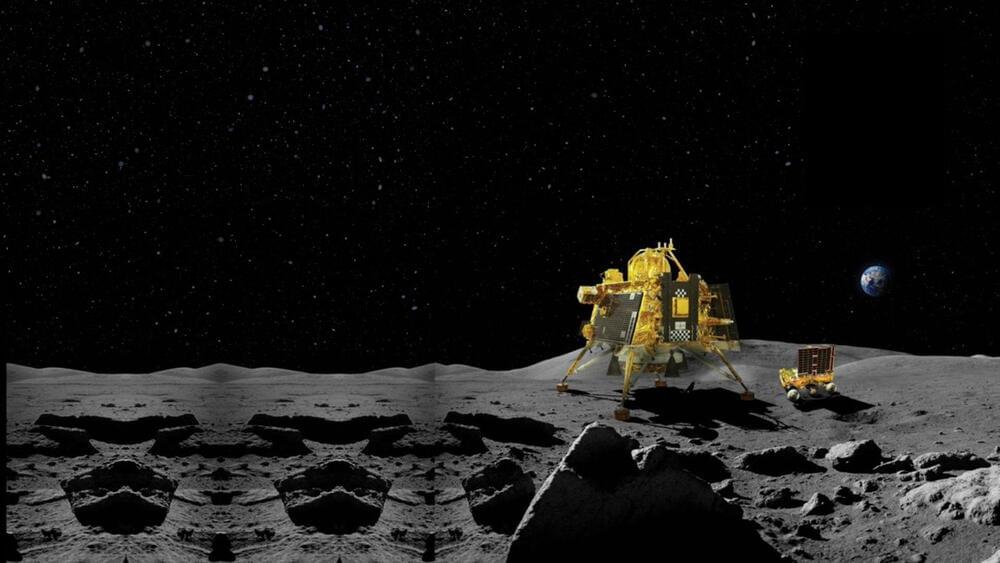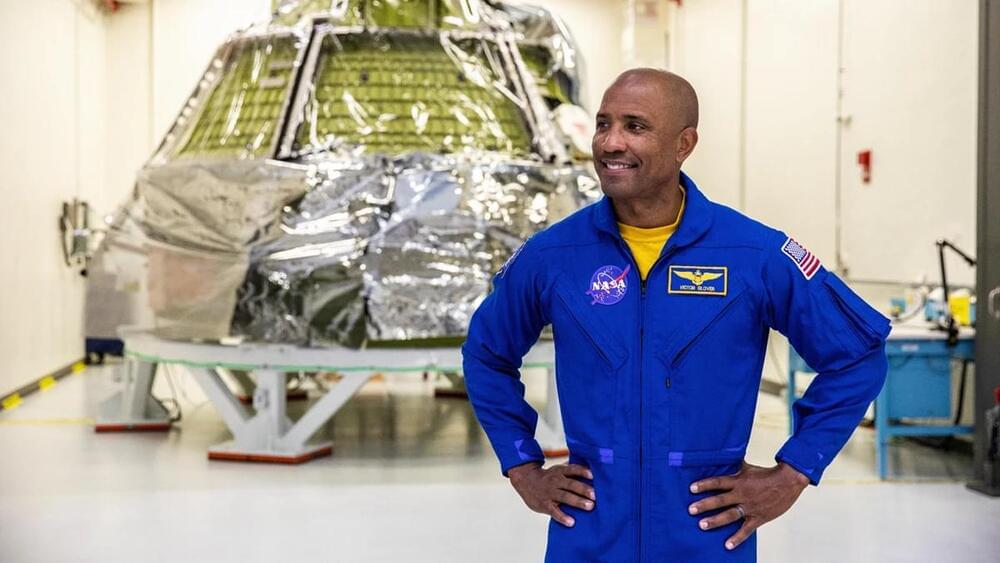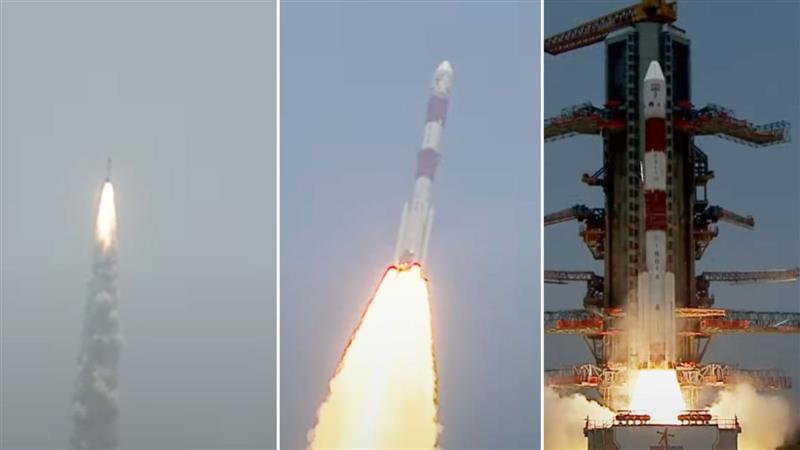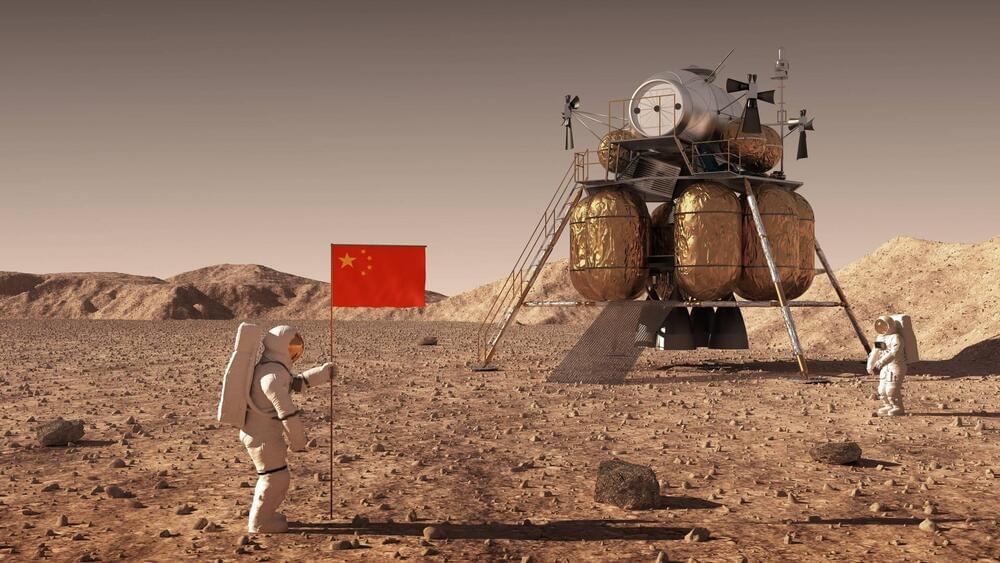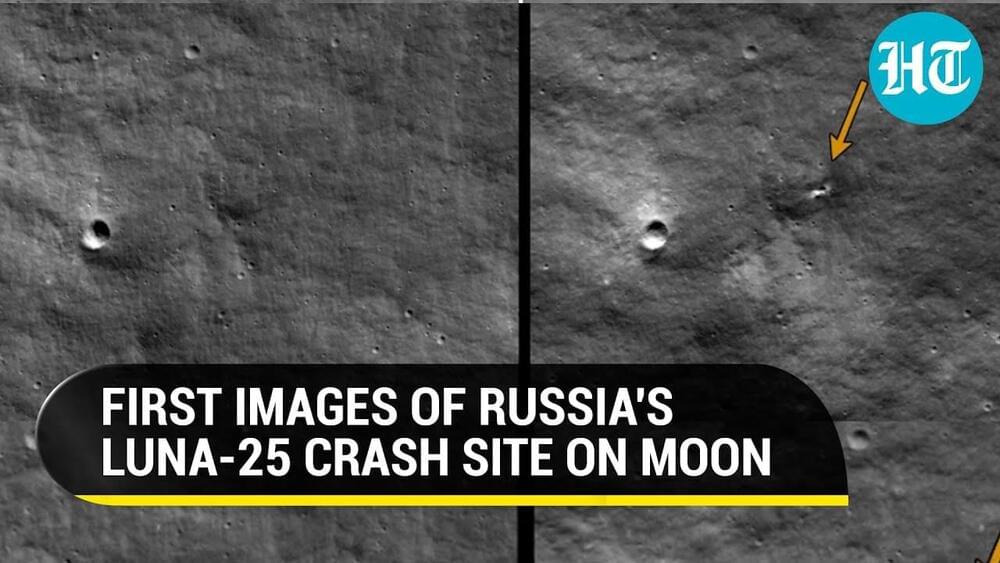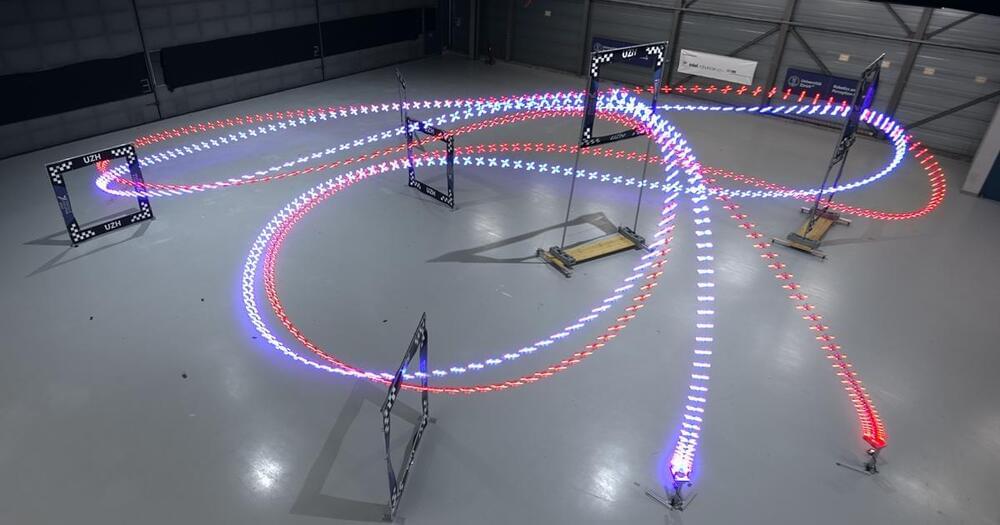Sep 4, 2023
Faster Than Can Be Explained — Photonic Time Crystals Could Revolutionize Optics
Posted by Dan Breeden in categories: materials, space
A study recently published in the journal Nanophotonics reveals that by rapidly modulating the refractive index – which is the ratio of the speed of electromagnetic radiation in a medium compared to its speed in a vacuum – it’s possible to produce photonic time crystals (PTCs) in the near-visible part of the spectrum.
The study’s authors suggest that the ability to sustain PTCs in the optical domain could have profound implications for the science of light, enabling truly disruptive applications in the future.
PTCs, materials in which the refractive index rises and falls rapidly in time, are the temporal equivalent of photonic crystals in which the refractive index oscillates periodically in space causing, for example, the iridescence of precious minerals and insect wings.
